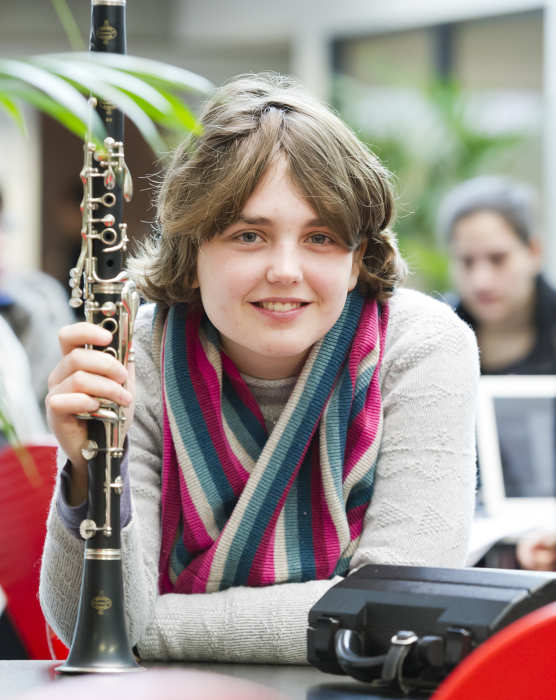Growing up in the English Countryside, Laura was hugely impressed with the open day she attended on campus at Imperial
“Materials made quite a big deal about doing a really wide variety of stuff at the open day. Whereas some of the other departments that I looked at tended to say; ‘look, here’s our Metallurgy Department’ and then ignored the rest of it. I had never really done Materials before so I wanted a bit more variety and that’s what Imperial offered.”
She was even impressed by the wonderful architecture of the Department of Materials itself! But why Materials in the first place?
More than just a science
"Personally, I choose to do Materials instead of Physics or Chemistry because I felt it was a lot more of an engineering science than just a science. My problem with physics was always that it was cool and interesting but I really didn’t see any sort of application to it – it was mainly theory. Whereas Materials is a lot more applied and I think the department here at Imperial is really good at driving that point home.”
“The marking gets a lot harder for one - In first year, you could get away with doing a lab report in maybe a day or two and get an alright mark. Then in second year, you started off doing that and it came back with a substantially lower and mark and you realise you can't do that anymore!”
And the marking wasn’t the only thing that changed after the first year.
Just like home
“I lived near Prince’s Gardens in Tizard Halls last year, which was lovely and very close to the university. But from the 2nd year you have to rent a house your own accommodation and you suddenly realise that just having to pay the hall fee – which include pretty much everything - had made life very easy!”
“I quite like the Electrochemistry side so batteries, fuel cells, that kind of thing. The department has a research base in these areas - particularly fuel cells - so there are opportunities to do literature reviews or UROP (Undergraduate Research Opportunities Program) placements in them.”And eventhough she hopes to do a PhD within that field, is unsure whether she’ll stay here to do it“I think I would quite like to go somewhere a little bit different; seven years would be a long time to spend in the same environment! With that said, the department here is really good so it probably would depend on what the project was."
A future in industry
Laura hopes to go into industry, something she feels Imperial prepares you well for. “The thing about Imperial is that it is one of those places that prepare for the world a lot more than other places. It covers loads and loads of different aspects of materials and importantly, you get to do a lot of lab practicals. And those aren’t the only benefits of an Imperial degree, I worked at Rolls Royce plc last summer and my supervisor there told me that they had picked me because I went to Imperial and because we have a big nuclear department! I found it really interesting because I have an interest in energy solutions, having done a Horizons course in energy and climate change, so it was interesting to see how projects in this area are handled in industry. We had touched on nuclear engineering in some of our first year lectures but in no great detail, however, materials-wise the principles they teach you in the degree still apply and it made them seem more exciting being applied in a practical setting.
